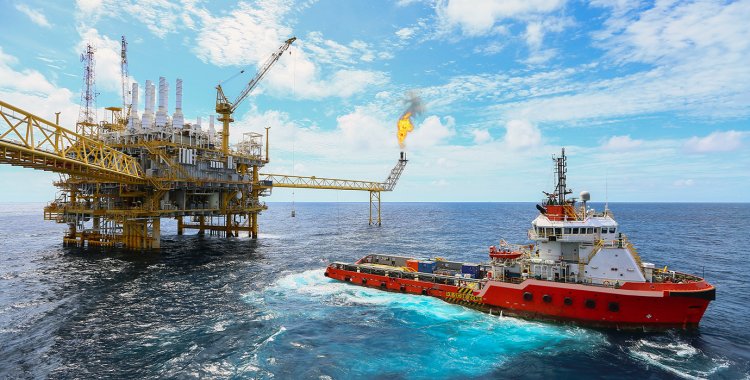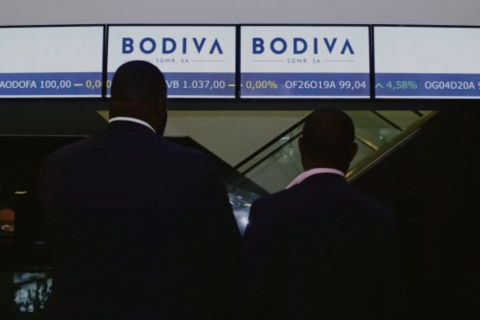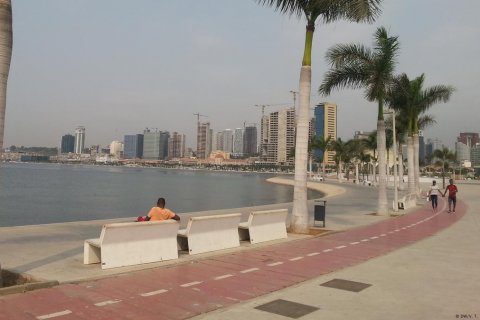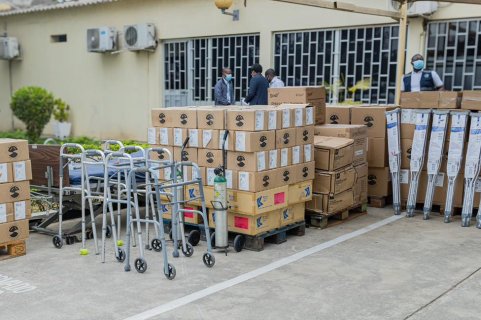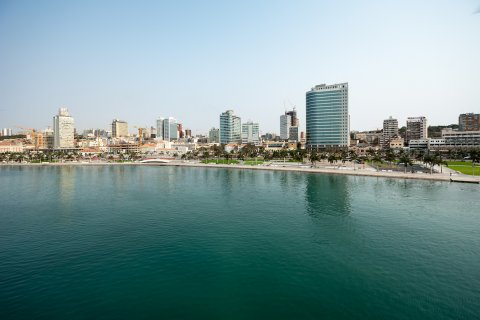"Angola remains at high risk of having a problematic debt ['debt distress', in a situation in which a country has difficulties in servicing the debt and needs, or is on the verge of requiring, a debt restructuring" , said Gerrit van Rooyen, in a note sent to Lusa.
"Total public debt currently stands at more than 120 percent of GDP, and the biggest risks that would need a restructuring of commercial loans are another drop in oil prices or an inadequate generation of non-oil revenues, both of which can happen if the covid-19 pandemic and the global recession did not improve significantly this year, "added the analyst.
Commenting on the fourth review of the International Monetary Fund (IMF) financial assistance program, approved this week and which allowed the disbursement of an additional US $ 487.5 million, the analyst at this African branch of Oxford Economics stressed that despite the difficulties, "the continued IMF support and changes to the debt profile under the Debt Service Suspension Initiative (DSSI) helped to cover the substantial financing gap that emerged due to the covid-19 shock. "
Echoing the IMF's praise for the authorities' commitment to implementing the program and implementing structural reforms, NKC African Economics noted that the recent budgetary, monetary, political and fiscal reforms justify the support of creditors, but warned that the situation remains dependent on the evolution of several factors in the world economy.
"These reforms justify the recent support that creditors have given to the authorities, as long as these efforts are maintained and that external factors do not deteriorate materially," concluded Gerrit van Rooyen.
The sharp drop in oil prices and rising costs resulting from the covid-19 pandemic forced Angola to seek debt relief from three Chinese creditors, preventing financial default by one of the most indebted African economies.
In addition to the US $ 6.2 billion that Angola was able to postpone with Chinese creditors, the João Lourenço government opted to join DSSI, which postponed the payment of US $ 1.8 billion, in debt to the G20 countries.
On Monday, the IMF announced the disbursement of an additional amount under the adjustment program in force in the country since 2018, bringing the total disbursed so far to almost US $ 3 billion, from a program that has been increased to around of $ 4.5 billion last year.
In the statement announcing the fourth review, the IMF stressed that "the multifaceted nature of the covid-19 shock continues to have a negative impact on Angola's economy and population" and that "oil production and prices remain weak".
However, the institution based in Washington, United States of America, underlined that the authorities “achieved a prudent fiscal adjustment in 2020 that included gains in non-oil revenues and containment in non-essential expenditures, while preserving essential expenditures on healthcare networks. and social security ”, and that the“ approval of the 2021 budget in December consolidates these gains ”.
On the other hand, in this fourth review it was also pointed out that “the authorities also allowed the exchange rate to act as a shock absorber and started to implement a gradual change towards a monetary tightening to face the increase in price pressures. ”.

